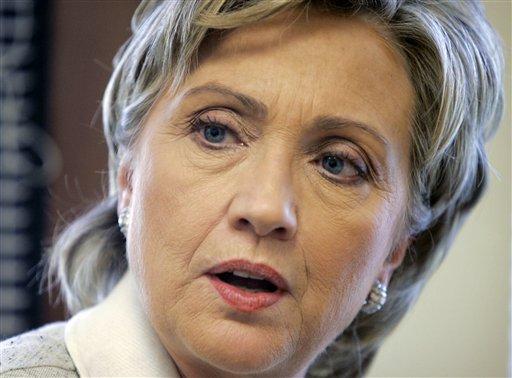Missile defence "very important" for US, Clinton says
 Brussels - A planned system to defend the United States against missile attacks which provoked outrage and threats of counter-measures in Russia is a "very important" project, US Secretary of State Hillary Rodham Clinton said on Thursday.
Brussels - A planned system to defend the United States against missile attacks which provoked outrage and threats of counter-measures in Russia is a "very important" project, US Secretary of State Hillary Rodham Clinton said on Thursday.
Missile defence is "a very important tool in our defensive arsenal for the future, because there's a great deal of proliferation," Clinton said on the eve of her first meeting with her Russian counterpart, Sergei Lavrov, in an apparent signal that the new US administration is still interested in the controversial project.
Nevertheless, the US will only go ahead with the planned deployment of elements of the missile shield in Poland and the Czech Republic if it works, she stressed.
"Our discussion about missile defence is aimed at determining its feasibility economically and technically, and we will continue to explore it with our allies," she said.
The scheme, drawn up under former president George W Bush, foresaw the deployment of 10 anti-missile missiles in Poland and a radar in the Czech Republic.
It outraged Russia, which saw it as a threat to its own nuclear deterrent and threatened to site missiles on the border of NATO members Poland and Lithuania in retaliation.
US President Barack Obama has so far distanced himself from the project, saying that his administration wanted to make sure it would work, and suggesting in a letter to Russian counterpart Dmitry Medvedev that it would not be needed if Iran were forced to give up its nuclear programme.
But Clinton said that the US had "made the case to Russia time and again that Europe has a right to defend itself from the new threats of the 21st century," signalling that the debate over the system is not yet over.
Clinton stressed that the system was designed to counter attacks from terrorists and hostile states, especially Iran.
"There is an ongoing debate about what the status of Iran's nuclear weapons production is, but I don't think there is a credible debate about their intentions," she said. (dpa)